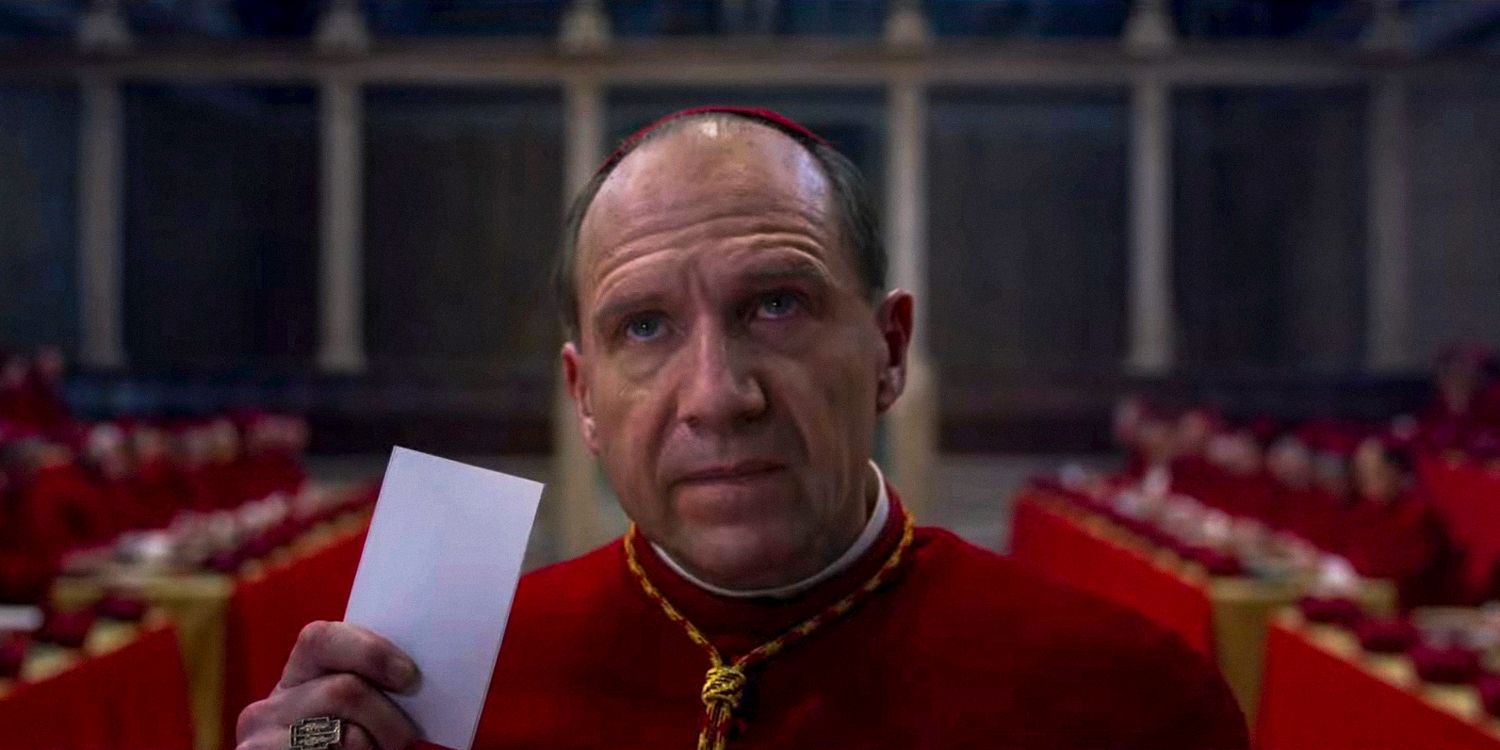
The Academy Award-winning movie titled “Conclave” showcases on-screen the enigmatic method of choosing a new pope, sparking debates about its authenticity to reality. Following Pope Francis’ passing on April 21, 2025 at 7:35 am Central European Summer Time (1:35 am Eastern Time), due to a stroke and heart failure as reported by The New York Times, people are not only grieving the deceased leader but also pondering what lies ahead for one of the world’s most influential institutions. As a result, the 2024 film “Conclave,” which received the Best Adapted Screenplay award at the 2025 Oscars, has gained even more relevance in today’s context.
Over the course of its history, the process for electing a Pope within the Catholic Church has undergone numerous modifications. Key alterations like the seclusion of cardinals and their vow of strict secrecy contribute to the enigma that surrounds these elections. The 2024 movie titled “Conclave” aimed to shed light on this secretive process, offering insights into both the logistical and political aspects. Despite facing criticism from traditional Catholic groups due to its unexpected twist ending, the film should be commended for its meticulous attention to detail in portraying an accurate representation of “Conclave.
How Accurate Conclave’s Pope Election Process Is To Real Life
Conclave Gets The Process Of Electing A New Pope Mostly Correct
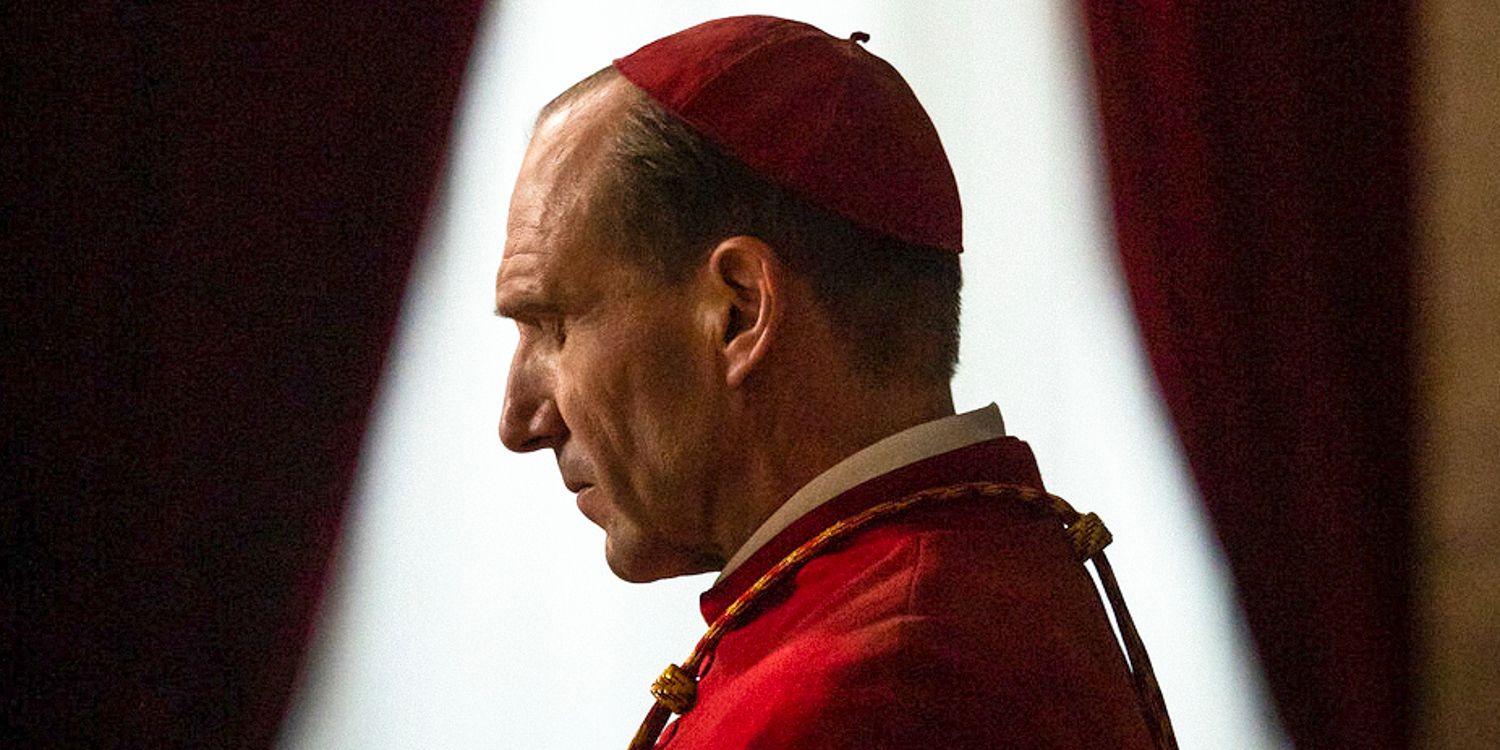
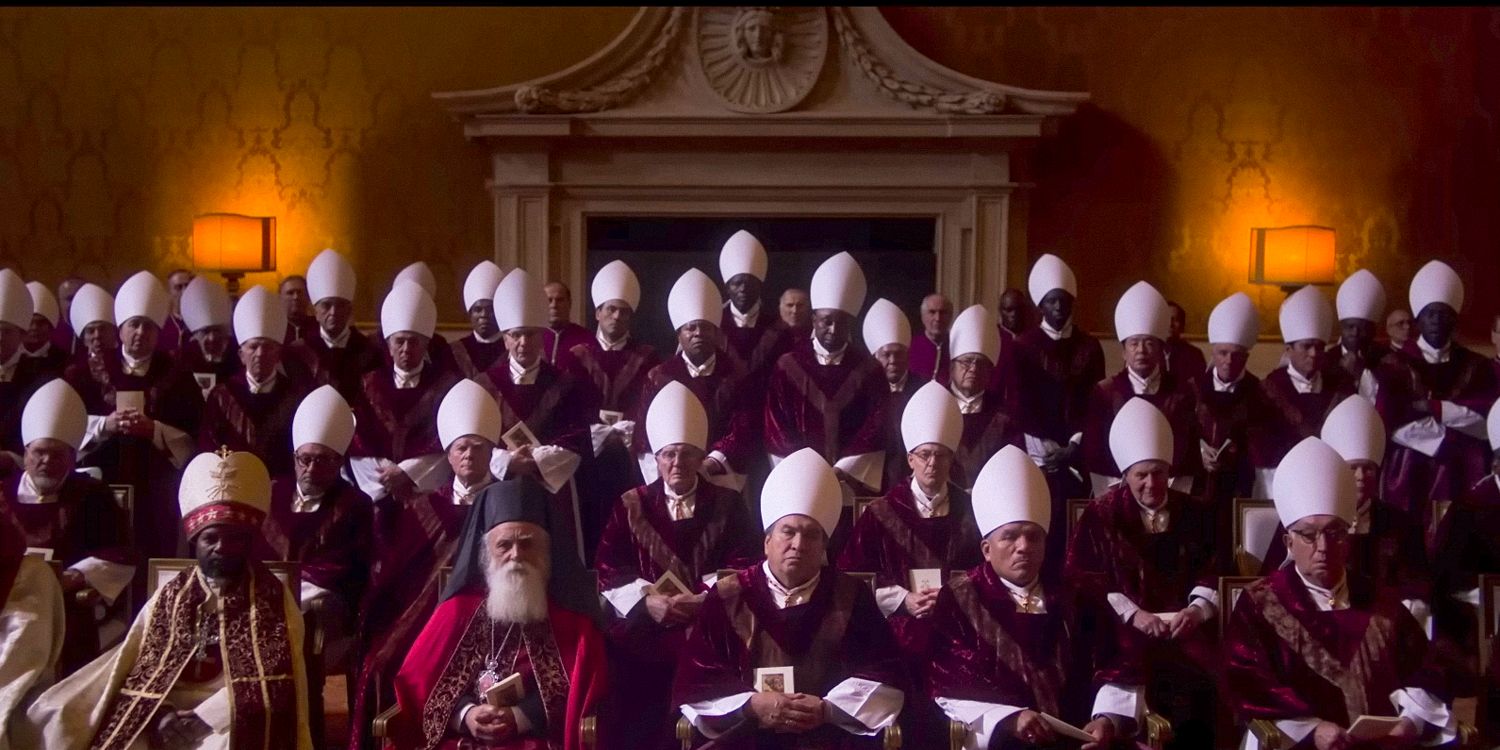
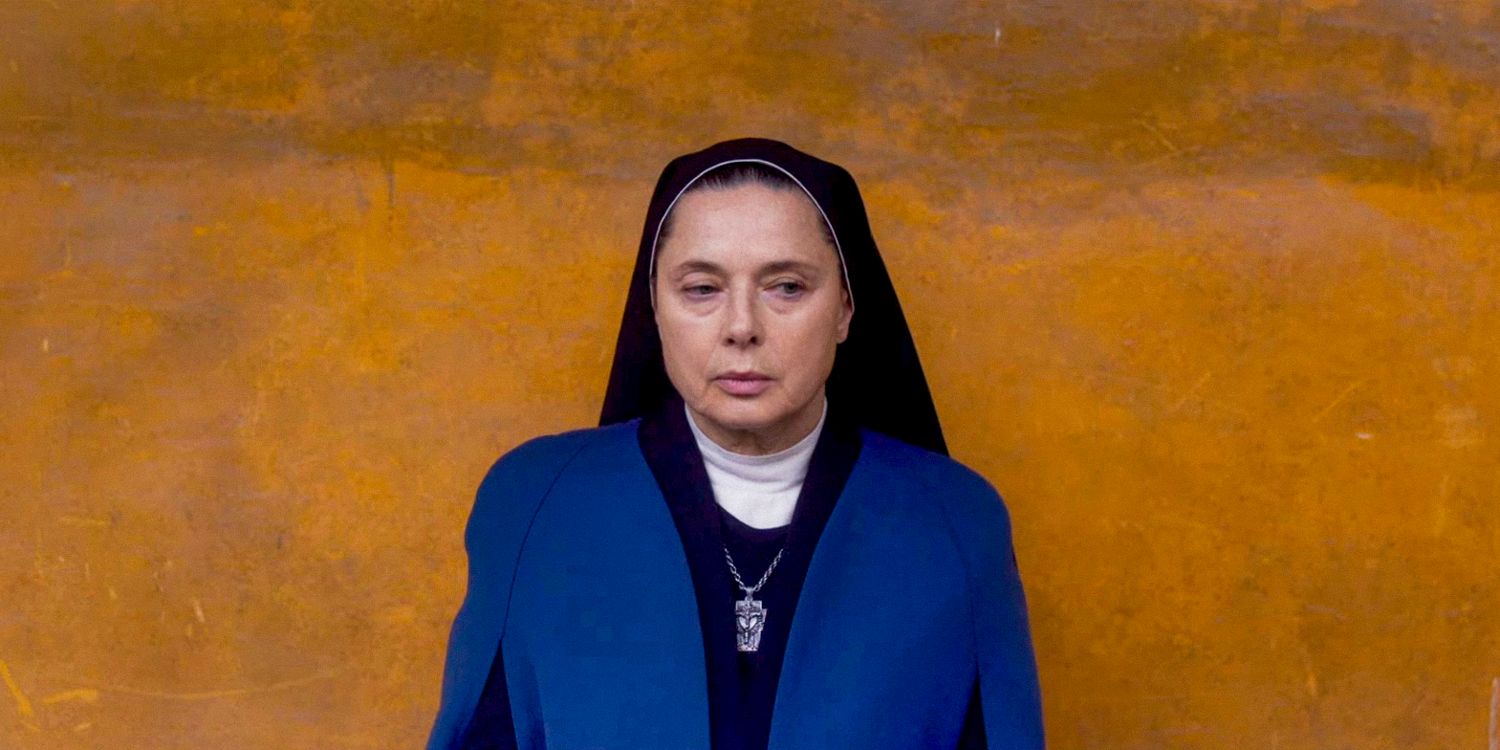
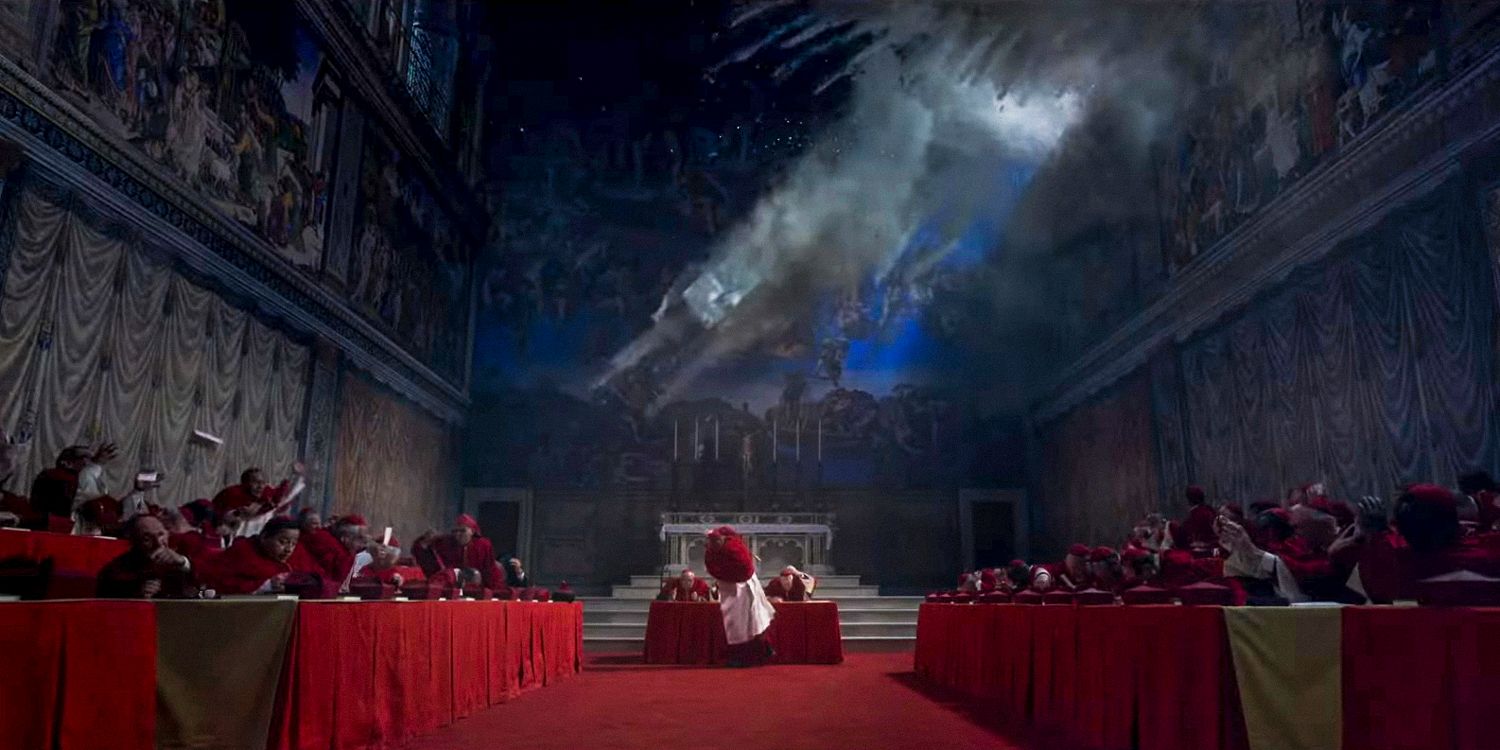
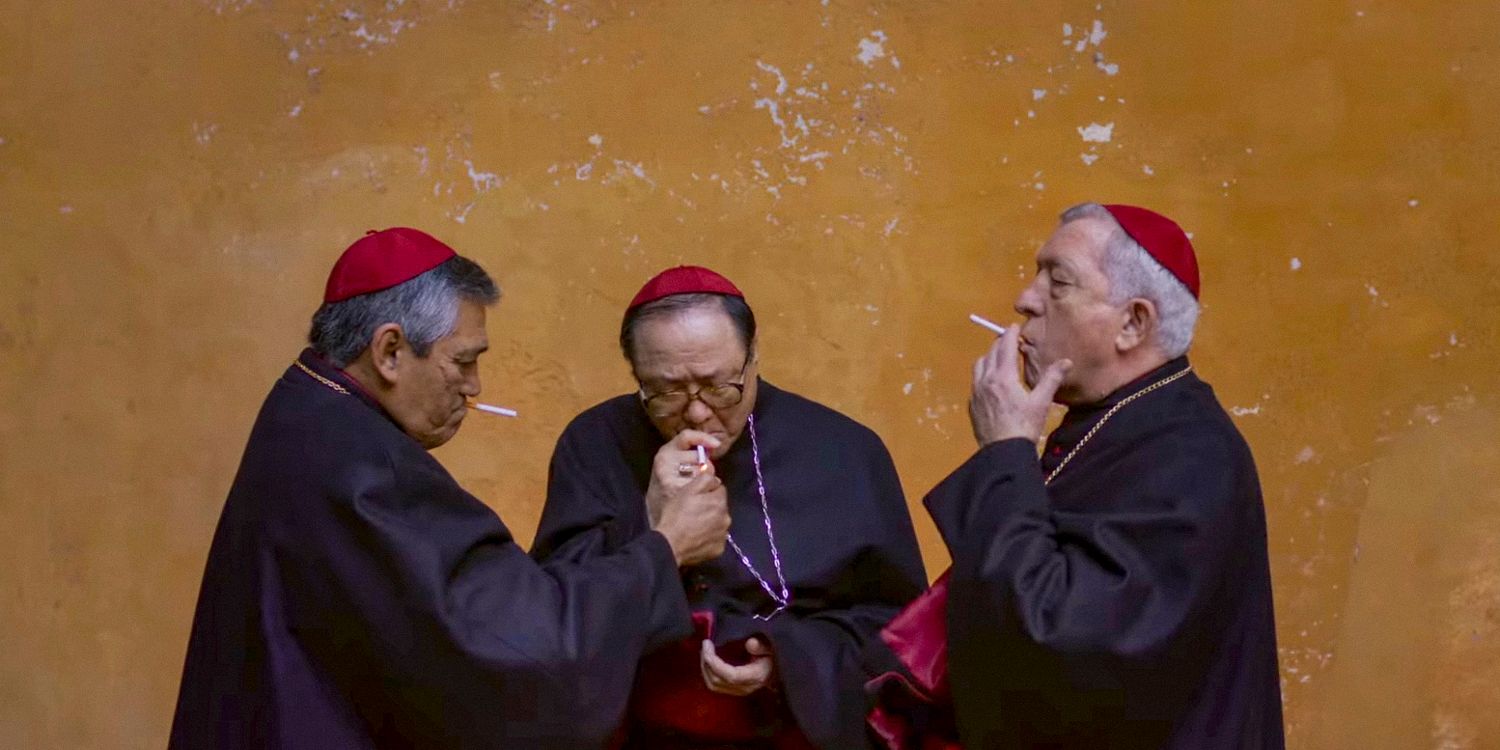
Generally, it’s widely accepted that the Conclave accurately represents the entire process, including intricate aspects such as the disintegration of the former pope’s ring and the ballots being immersed in chemicals and incinerated to produce smoke colors, along with broader elements like the seclusion of cardinals during the conclave.
Sister Susan Francois, a deputy head of the Sisters of St. Joseph of Peace congregation based in New Jersey, voiced her opinions on the film’s authenticity. Emphasizing the influence of human matters in the voting process, she stated to NPR that these factors significantly impact the election outcome.
Though we yearn for this journey to be purely a spiritual discernment, understanding that we are all human, it’s natural for our egos, anxieties, and apprehensions to surface. However, as individuals of faith, they aspire to be predominantly influenced by the radiance of the Holy Spirit’s guidance.
In a similar vein, Kathleen Sprows Cummings, a history professor at University of Notre Dame and Ansari Institute for Global Religious Engagement fellow, told Religious News Service that “it captures many aspects accurately…The self-serving actions and less appealing traits, which might have seemed surprising to some, are indeed genuine.” Additionally, she highlighted the influence of a powerful speech on the cardinals’ choice, using Pope Francis’ and Pope Benedict XVI’s elections as illustrations.
As a devoted admirer, I had the pleasure of discussing the film with Reverend Thomas Reese – a seasoned journalist holding a Ph.D. in Political Science and an author of numerous books delving into the Catholic Church. In our conversation with NPR, he commended the film for its authenticity, particularly noting that “the voting procedure was executed flawlessly.” For those eager to learn more about the intricacies of the conclave, his book “Vatican: The Politics and Organization of the Catholic Church” offers an engaging exploration that could satiate your thirst for knowledgeable insights.
Much of the authenticity in Conclave can be credited to Robert Harris, the author of the thriller novel, as well as the filmmakers. To ensure accuracy, Harris consulted with Cardinal Cormac Murphy-O’Connor, a former archbishop of Westminster who participated in the 2005 and 2013 conclaves, for information. Similarly, the filmmakers and screenwriter gained access to the Vatican for a private tour and asked questions about the intricacies of the process, helping them portray it accurately.
What Conclave Gets Wrong About The Pope Election Process
Conclave Gets A Few Things Incorrect
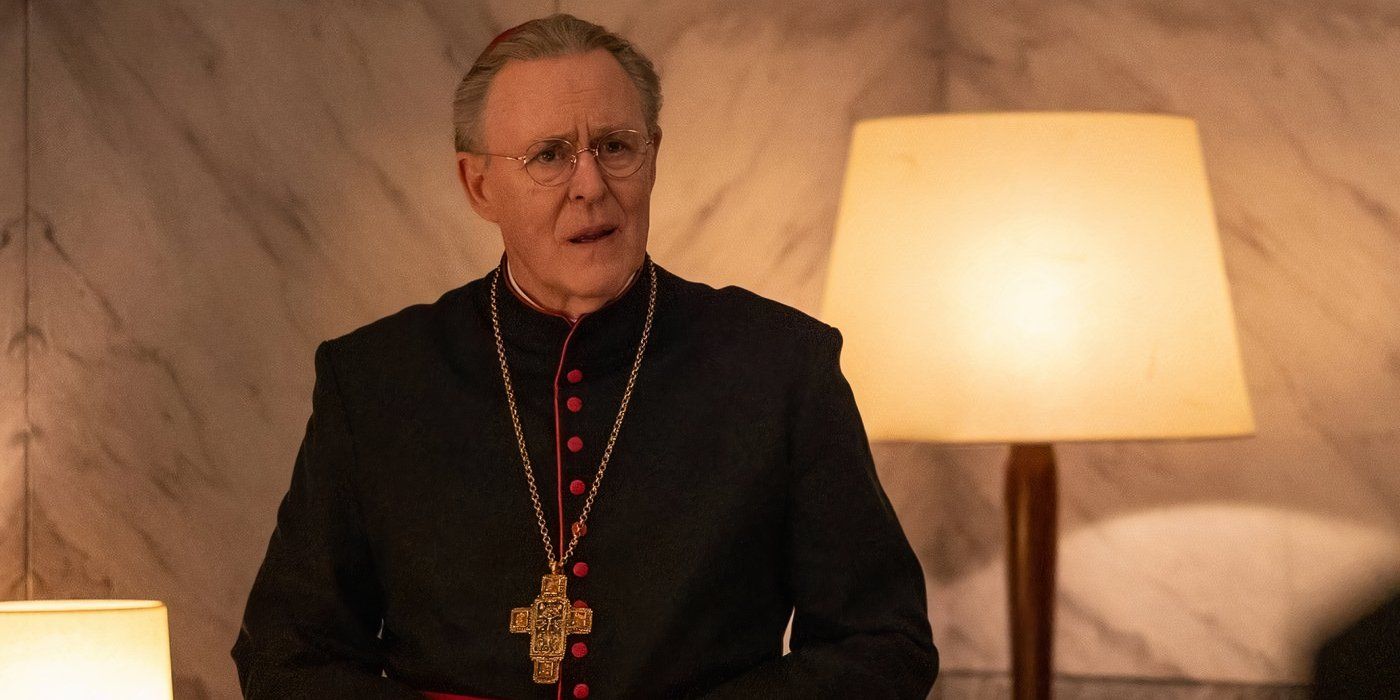
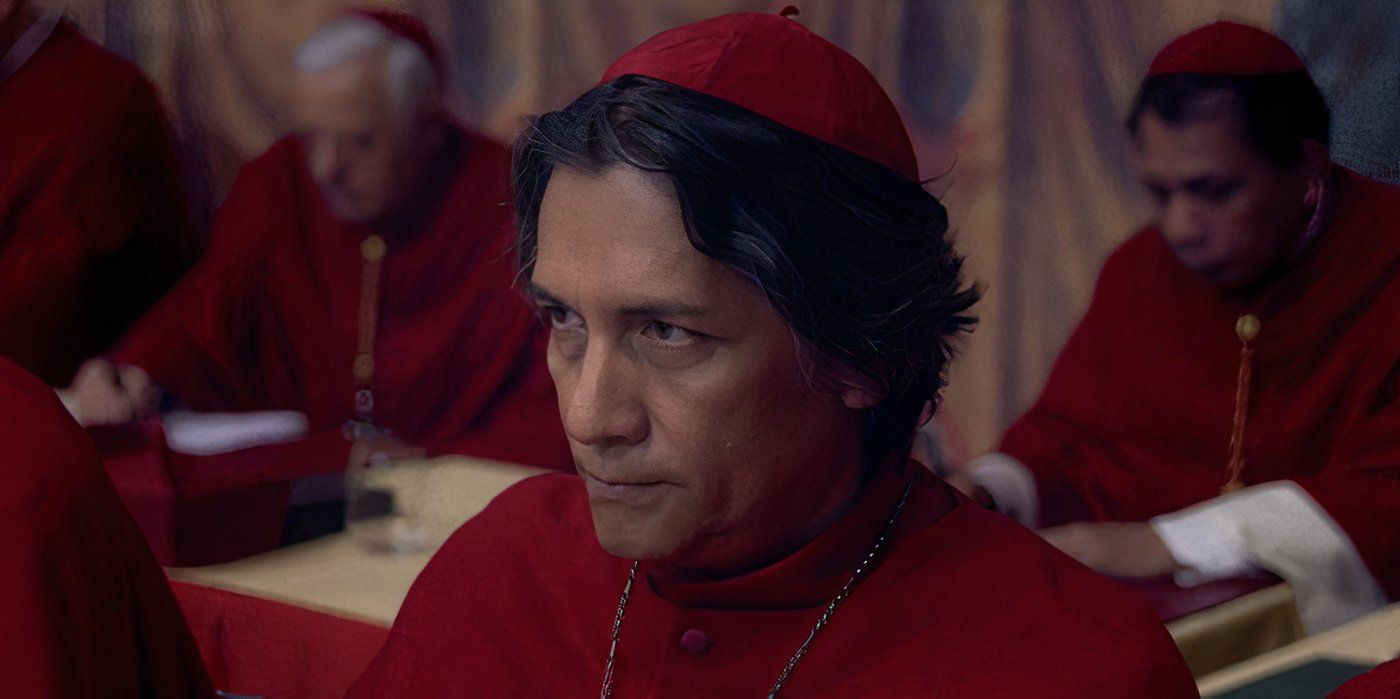
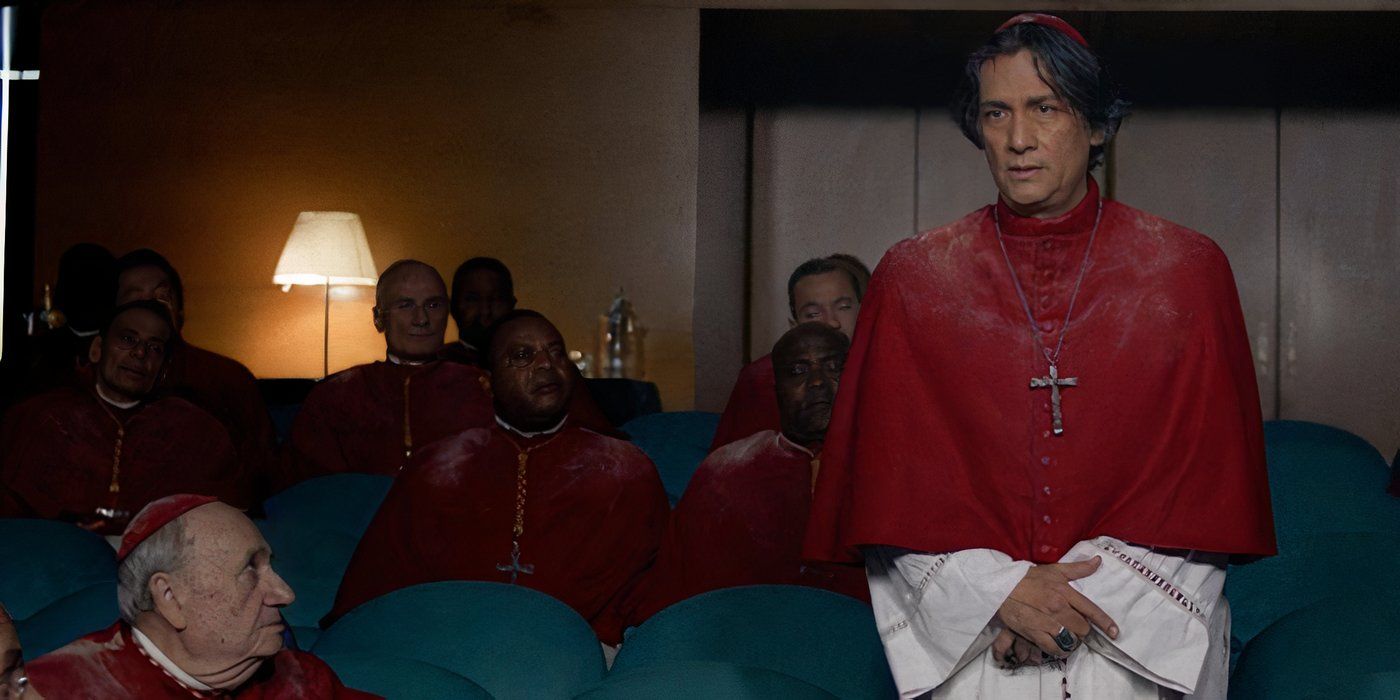
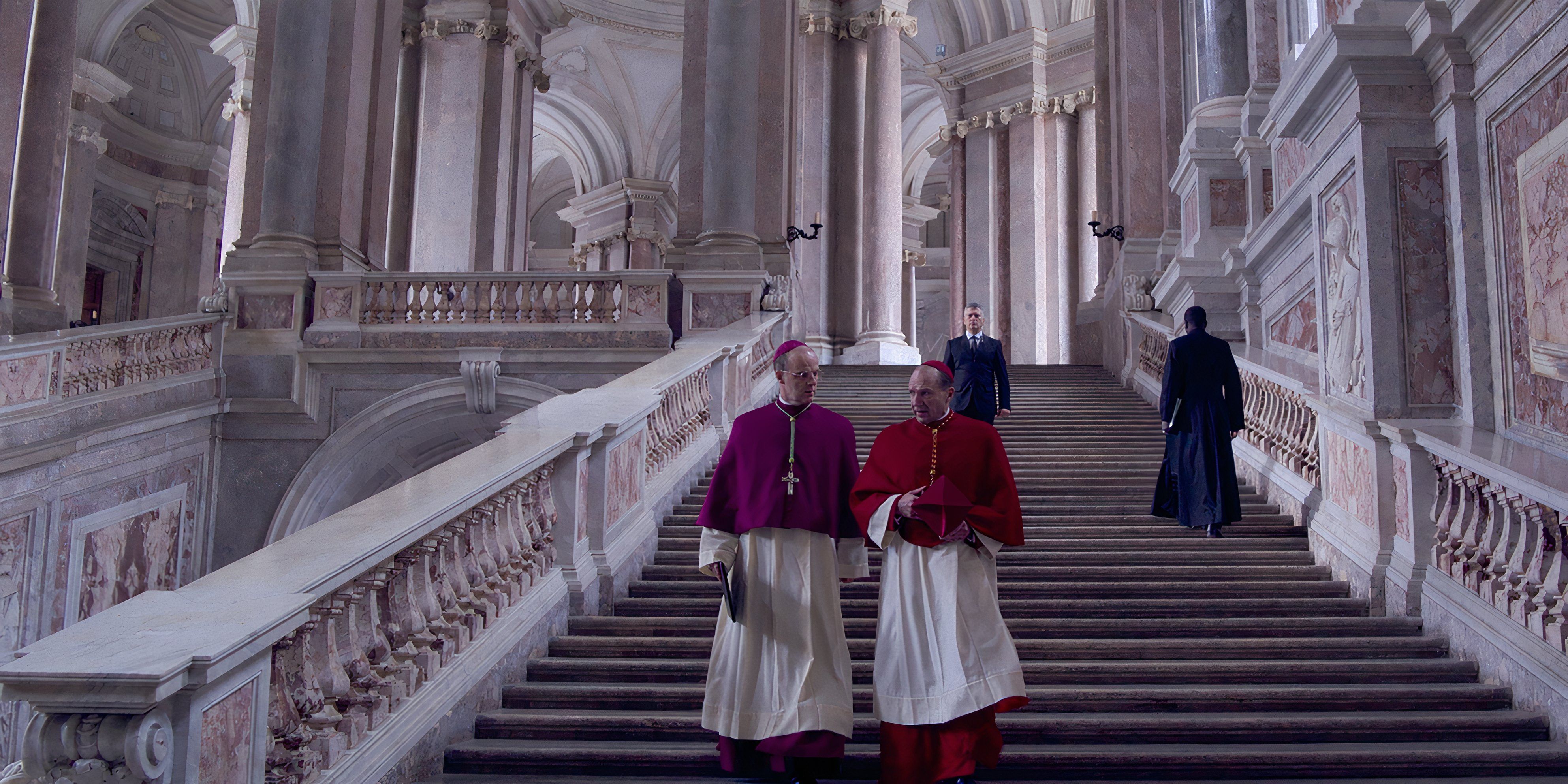
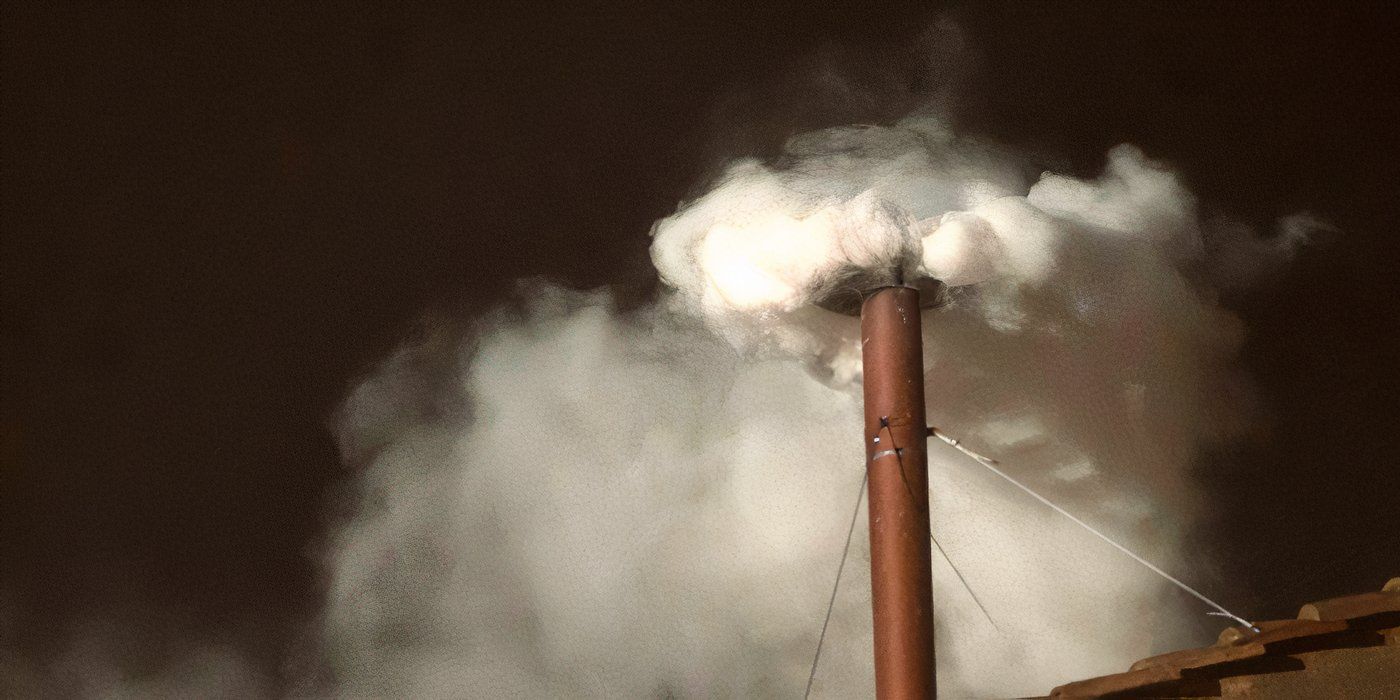
Although Conclave generally handles things accurately, it does make some errors about the procedures. One significant instance is that a bishop who is a ‘Cardinal in pectore’ wouldn’t be eligible to take part in a conclave. As David Gibson, Director of the Center on Religion and Culture at Fordham University, explains, someone like Benitez could only participate if their position had been publicly declared by the pope prior to the process (as reported by GQ).
As an ardent follower, I’d like to share some insights from Massimo Faggioli, a scholar specializing in theology and religious studies at Villanova University, as he recently spoke to Religion News Service. In the span of roughly two weeks, we will witness the demise of the Pope and the commencement of the conclave – a gathering of the College of Cardinals for introspection, dialogue, and bonding regarding the church’s needs.
He also underscores that the political discourse in a conclave is veiled and tactful rather than direct or brash. Moreover, it’s essential to note that authentic conclaves devote less focus on North America compared to how Hollywood portrays it. Faggioli emphasized that the likelihood of a vote favoring two North American candidates is remarkably slim.
In the movie, the frequency of votes during a conclave is presented as less than it actually might be. This could involve up to four votes per day, continuing until a two-thirds majority is reached for one candidate. Most inconsistencies in the film can be attributed to artistic choices made to enhance the narrative. The filmmakers had the task of condensing a complicated and cloaked process into a 2-hour runtime while still creating an engaging story.
Read More
- 50 Ankle Break & Score Sound ID Codes for Basketball Zero
- Who Is Harley Wallace? The Heartbreaking Truth Behind Bring Her Back’s Dedication
- 50 Goal Sound ID Codes for Blue Lock Rivals
- Mirren Star Legends Tier List [Global Release] (May 2025)
- League of Legends MSI 2025: Full schedule, qualified teams & more
- 100 Most-Watched TV Series of 2024-25 Across Streaming, Broadcast and Cable: ‘Squid Game’ Leads This Season’s Rankers
- 28 Years Later Fans Go Wild Over Giant Zombie Dongs But The Director’s Comments Will Shock Them
- Pacers vs. Thunder Game 7 Results According to NBA 2K25
- Basketball Zero Boombox & Music ID Codes – Roblox
- Nintendo Switch 2 System Update Out Now, Here Are The Patch Notes
2025-04-22 04:52